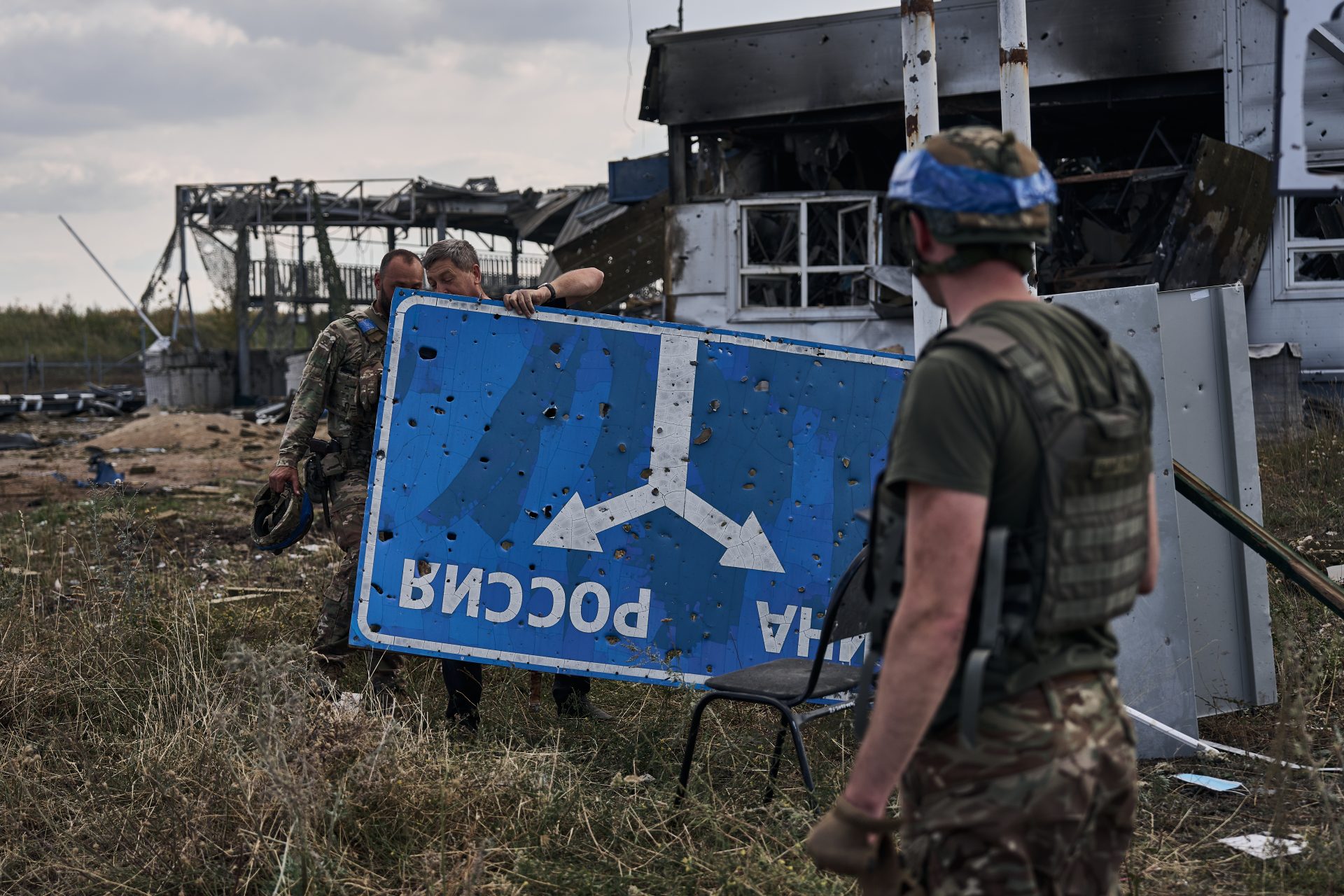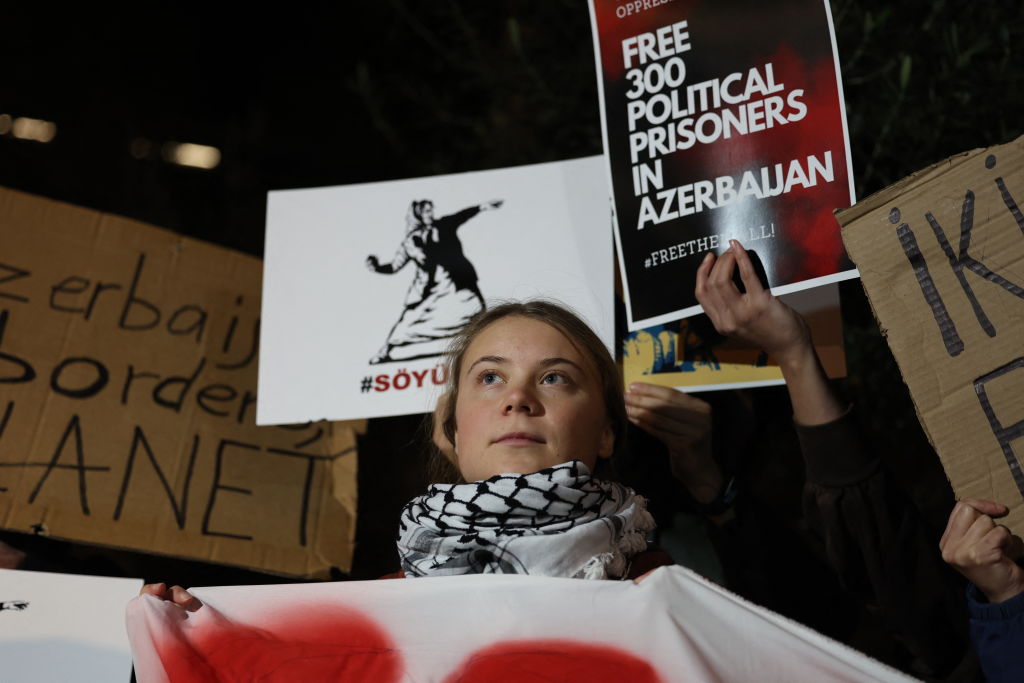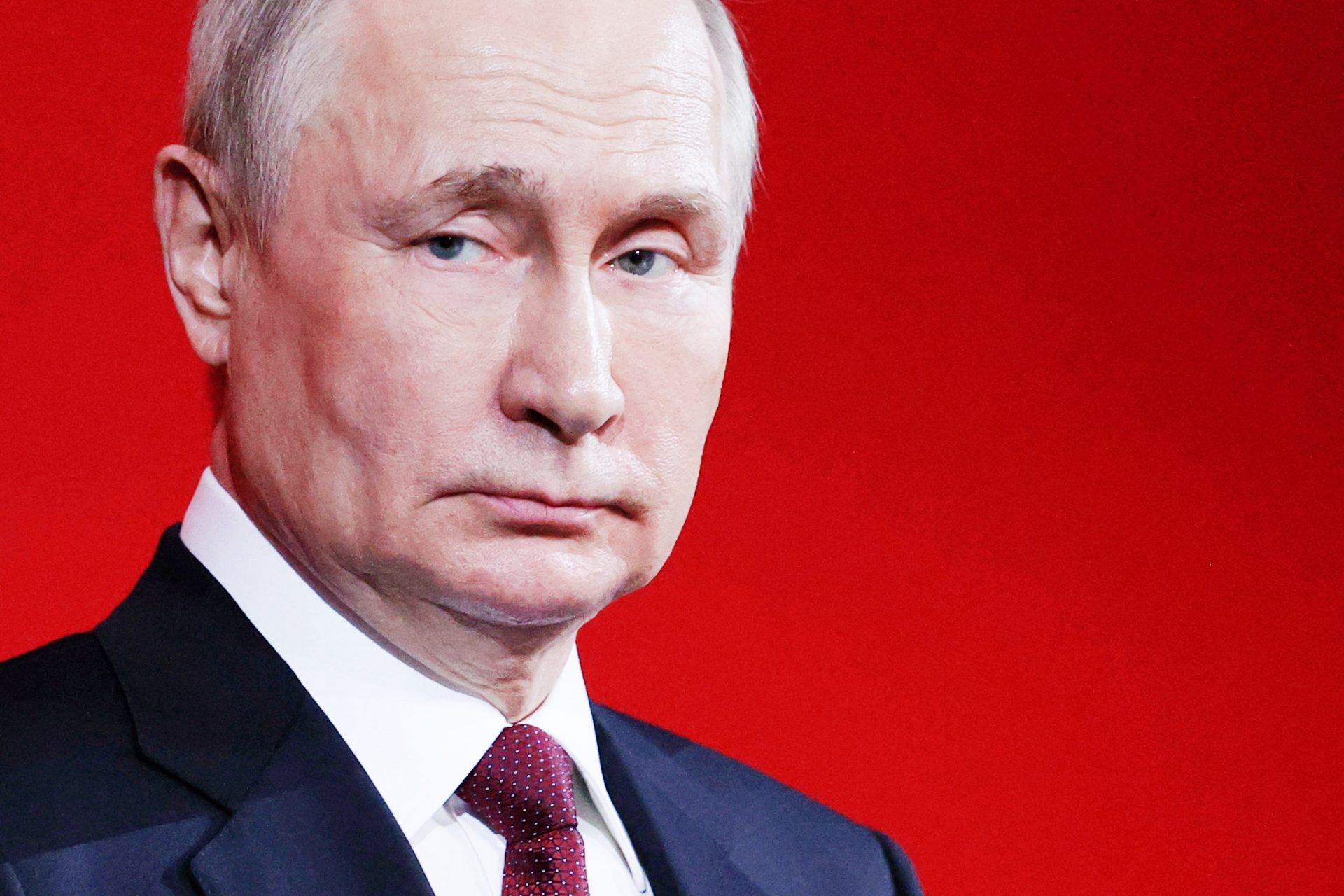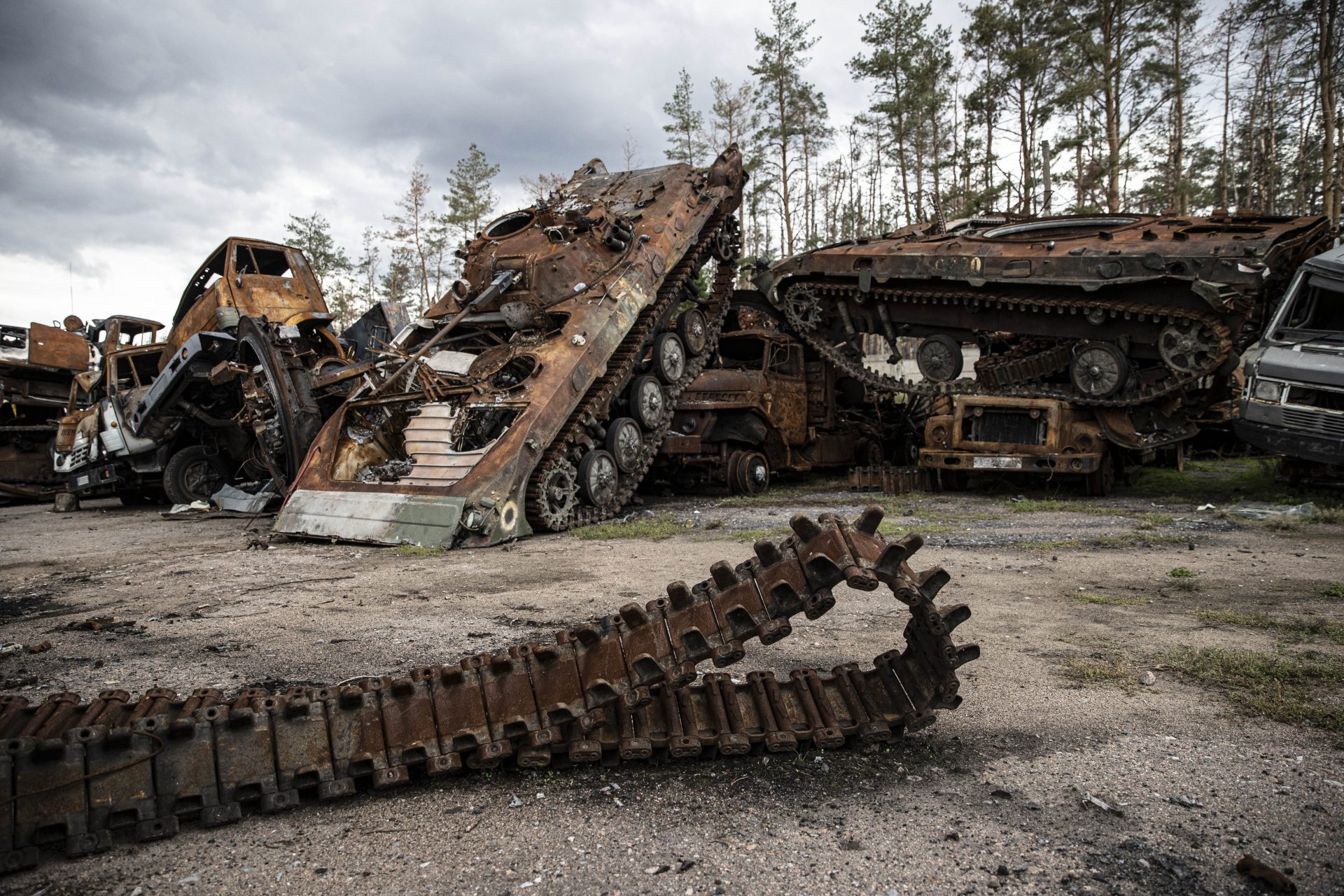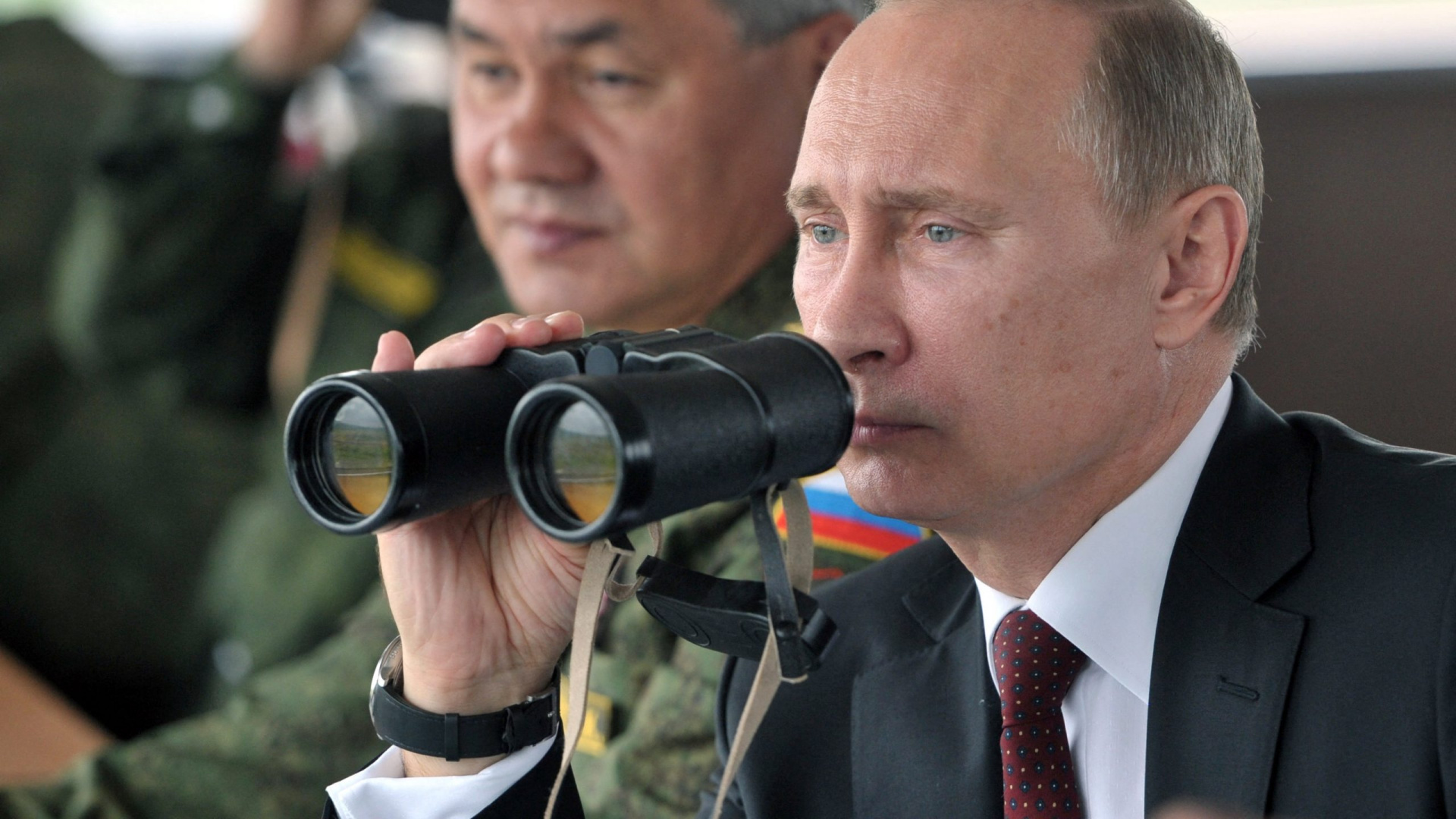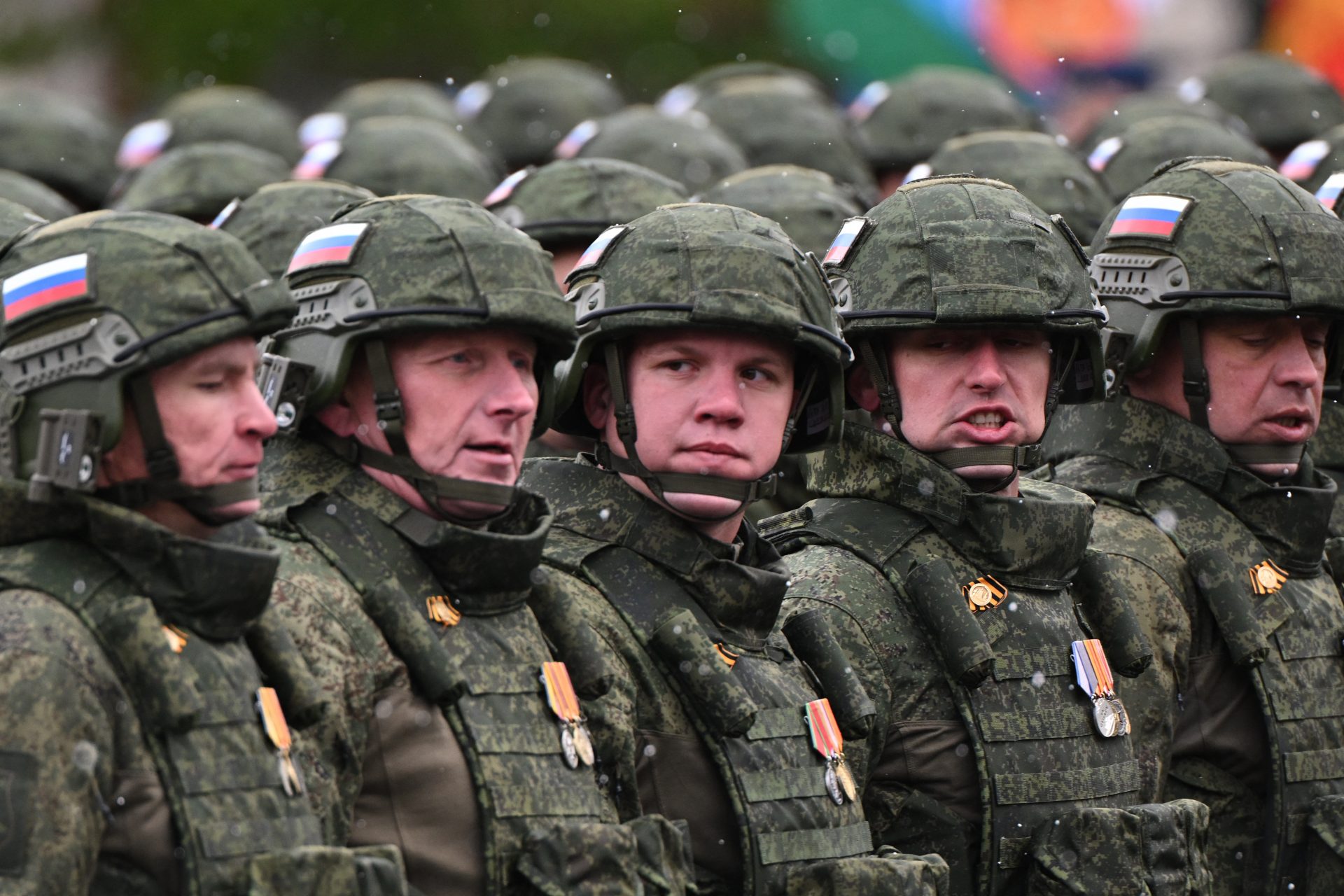The extent of Russian torture in Kherson is finally being revealed
The true scale of Russian atrocities in Kherson is finally being revealed more than two months after the city was recaptured by Ukrainian forces.
Prosecutors in the Kherson have shared some of their initial findings with British news outlet Reuters in a bid to help the world understand exactly what kind of future they’re fighting against.
Ten unlawful detention sites have been discovered so far, at which more than 200 people were tortured or physically assaulted and another 400 were detained according to a Reuters video report.
Prosecutors also told Reuters that 540 Ukrainian civilians who may have been tortured in Kherson’s unlawful detention sites are missing.
“Of 50,000 reports of war crimes nationwide, 7,700 come from the Kherson region,” the Reuters video report noted.
Ukraine’s chief war crimes prosecutor Andriy Kovalenko was featured in the Reuters video report and explained what those who were detained faced once they were within one of Russia’s detention sites.
"The most common types of torture were electric shocks, applying electric wires to...ears, pouring water on people,” Kovalenko said.
This was done systematically, exhaustingly in order to obtain statements the occupiers required,” Kovalenko continued, adding that batons and “wooden sticks were used to beat people.”
Kovalenko also told Reuters that Ukrainian authorities had found gas masks at the detention sites, which were used by Russian forces to suffocate people.
“We also found gas masks that were used to suffocate people,” the prosecutor noted.
Russian officials have repeatedly denied that their soldiers committed war crimes during their country’s “special military occupation” but the evidence does seem to be mounting.
Kherson was captured by Russian forces within the first few weeks of the war and was under occupation for eight months before Russia's soldiers made a hasty retreat in November, leaving behind evidence of their war crimes.
"I have not seen a scale like this before," said Dmytro Lubinets, Ukraine’s Parliamentary Commissioner for Human Rights shortly after Kherson’s recapture in November. "The scale is just horrific."
Rumors about Russian mistreatment, abuse, and torture had reached Ukrainian authorities during Kherson’s eight-month occupation, but it couldn’t be confirmed until after the city was back in Ukranian hands.
Lubinets noted that authorities had found “torture chambers” where Ukrainians were taken to be electrocuted and beaten with metal pipes, “after which they were killed.”
In December, just a few weeks after Kherson was liberated, Lubinets stated that Ukrainian authorities had discovered a facility where children were kept and tortured by Russian security services.
"We recorded the torture of children for the first time," said Lubinets. "I thought that the bottom could not be broken after Bucha, Irpin... but we really reached the bottom in Kherson."
More for you
Top Stories






















